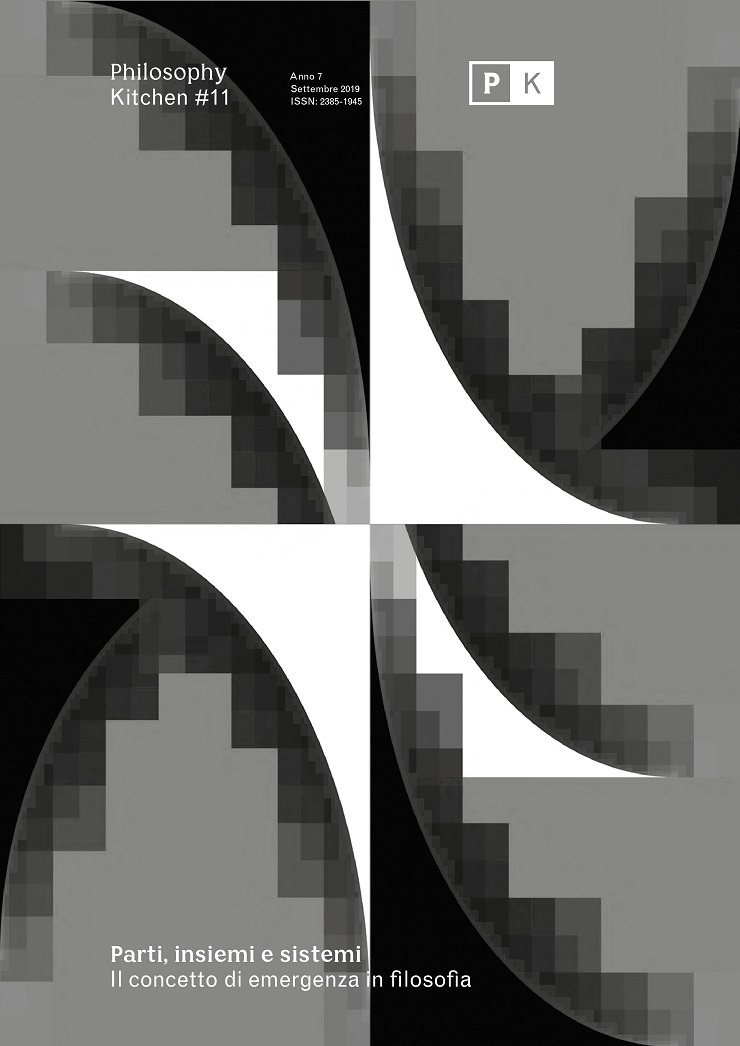The Event: a Process Ontological Concept to Understand Emergent Phenomena
DOI:
https://doi.org/10.13135/2385-1945/4008Abstract
Discussions about emergence have traditionally been structured around the dichotomy between strong (ontological) and weak (epistemological) emergence. Those focusing on emergence as an epistemological problem, understand it as metaphysically innocent, indicating an insufficient (perhaps temporarily so) knowledge of the world. Ontological emergence, on the other hand, admits new levels of reality and causal powers. It emphasizes that emergence is incompatible with reductionism. This position has faced the problem of dealing with explanatory gaps, and accusations of having recourse to esoteric forces to overcome such gaps. This paper explores the possibilities offered by process philosophy - where the nature of reality is one in which becoming has priority over being - to redefine emergence. From a process perspective, emergence has an ontological dimension in which that it may entail new causal powers, but this does not mean that emergent phenomena cannot be explained or understood. By focusing on the key process concept of the Event, we investigate emergence as an onto-epistemological experience. Building on the Deleuzian work on the assemblage and on the Jamesian concept of experience, we show that organization needs to be understood as the locus of causality in emergent phenomena. We present abduction, which gives room for intuition, imagination and speculation, as the ground to develop knowledge coherent with this perspective.






